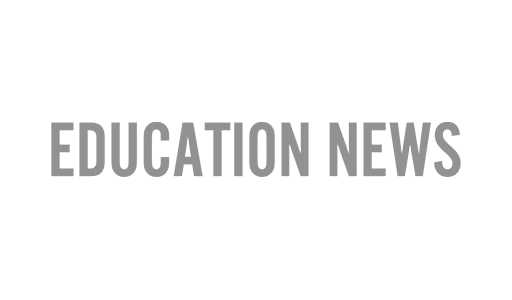
Robert Kiyosaki in his book, “Rich Dad, Poor Dad”, asked the question: “Does school prepare children for the real world?” “Study hard and get good grades and you will find a high-paying job with great benefits”, parents used to say.
But gone are those days! There has been a paradigm shift from focus on paper qualification to skills acquisition in the last couple of decades. But rather unfortunately, Nigeria and other African nations are awaking to these realities rather too late.
It is absolute disillusionment for a 21st century student to have a mindset that a first class degree is sufficient to land him that plum job when he knows next to nothing about how real corporations are run. It is a saddening reality that prompts me to address this anomaly as leaving the status quo spells doom for the Nigerian future.
The University of Lagos only recently had its convocation where over 6,000 graduates received degrees in different categories. This writer could not but wonder what these graduates would be doing as jobs. In a discussion with one graduate, Bisi Gbadegeshin, she pointed out that she would be resuming work barely a week after her convocation, but how about the 5,999 graduates? Every year, our institutions of higher learning churn out tens of thousands of graduates into the labour market which is already heavily saturated.
It is no news that job availability is a mirage but even if there were more jobs than job seekers, the quality of these job applicants leaves more to be desired, constituting one of the main challenges of employers.
According to a recent report by a newspaper, the rate of incompetency displayed by a fearsome number of Nigerian graduates is an outcry against the poor quality being delivered by our dismal educational system. A yearly event, PLATFORM, organised by the Covenant Christian Centre in Lagos, features eminent Nigerians who are worried about the issue and are taking it upon themselves to arrest the imminent doom that awaits a nation with a crippled and ineffectively trained labour force as ours. In one of such events, startling statistics were revealed by Adetoun Ogwo, a human resource professional and social advocate, on the quest to build impactful solution to Nigeria’s huge skill gap and employability challenges. She pointed out that a huge portion of Nigerian graduates are simply not employable. As embarrassing as these revelations might appear, they are a wake-up call to the relevant stakeholders to arrest this surge. How does one explain away an interview scenario where an economics graduate cannot give the basic definition of economics? If the human factor of economic drive is defective, then our fate might just have been sealed as a nation. It bears emphasizing that we must reposition our educational system for global relevance and competitiveness if Vision 20:2020 is anything to talk about; assuming it is a realistic goal.
So much noise has been made about the need to have our educational policy reviewed. The Ministry of Education has been regularly called upon to embark on a comprehensive overhaul of our curricula and make them relevant to the real world of work. Sadly, our students in higher institutions cannot see the gap between what our lecturers teach and what prospective employers would require from them.
Hence, they just sit tight with books of the 1950s and ‘60s with no bearing on a post-recession economy. The quality of academic staff in these ivory towers is another conglomerate of disturbing issues. As a public speaker put it, “the most destructive weapon of mass destruction is to put a teacher who knows nothing in front of a class”. It is indeed a pathetic situation!
As much as I may concur that the bulk of the restructuring lies with the government, we cannot sit put and wait for a government that it took over a decade to come any close to the UNESCO’s prescribed 26 per cent education budget allocation. The private sector has got to come to the rescue because standing aloof will only be to the detriment of their future business concerns. Many thanks to corporations and organizations which have invested tremendously to salvage the menace of skill gap existing in our graduate set.
It is high time we shifted to a 60-per cent-practical, 40-per cent-theory system of teaching. This will avail our students in the higher institutions the exposure to application of learnt theories to real life situations. It is my belief that the present administration is aware of the defects in the educational system more than any before and should be better poised to living up to its responsibilities to the sector. And these include the upgrading of the theory-focused system to one with a healthy balance between theory and practical applications.
